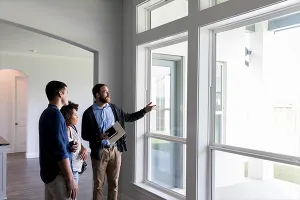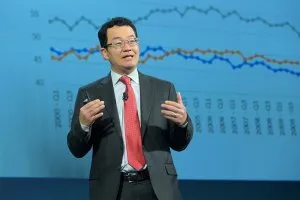The National Association of REALTORS® Placemaking Micro-grant will provide up to $3,000 in 2016 for to create new public spaces where a community can gather to meet up, relax, read a book, walk a dog, eat lunch, smell the flowers, play, look at art, take a walk and so on. However, with most projects, more funding may be needed.
So how about turning to folks in the community who will be using the space to help fund the project? Crowdfunding is a method of raising capital through the collective effort of friends, family, customers, and individual investors. This approach taps into the collective efforts of a large pool of individuals—primarily online via social media and crowdfunding platforms—and leverages their networks for greater reach and exposure.
There are a variety of crowdfunding sites including gofundme, Kickstarter and indiegogo and the field is growing. There are also different types of crowdfunding: donation-based, rewards-based and equity-based. Donation-based crowdfunding is the pooling of small online donations for a cause or project. This is the type that you’ll want to look into.
And crowdfunding sites are specializing. In fact, there are now several crowdfunding donation-based sites focused on community outreach and development projects. Two in particular are Patronicity and ioby.

Patronicity brings together local citizens and sponsors to support great initiatives in their communities. Their model revolves around CrowdGranting which is the process of activating a project of a group of people (the crowd) and their dollars through a sponsor match (the granting) within a limited time frame.
They initiated a funding program in Michigan, the Public Spaces Community Places Grant, in partnership with the Development Corporation (MEDC), Michigan State Housing Development Authority (MSHDA), and Michigan Municipal League. This opportunity mobilizes community members, residents and general supporters to make individual contributions while promoting their efforts to others. Communities, non-profits and other business entities can submit projects by applying for a Patronicity crowdfunding online donation campaign. Projects meeting fundraising goals can receive a matching grant from MEDC/MSHDA of up to $50,000.

Public Spaces Community Places projects include:
- Public Plaza & Green Space Development
- Access to Public Amenities
- Farmer’s Markets, Community Kitchens, Pop-Up Retail/Incubator Space
- Alley Rehabilitation
- Any other place based (or public space improvement) project

ioby is another great crowdfunding site to look into. ioby mobilizes neighbors who have good ideas to become powerful citizen leaders who plan, fund and make positive change in their own neighborhoods. ioby helps neighbors grow and implement great ideas one block at a time. Their crowd-resourcing platform connects leaders with funding and support to make neighborhoods safer, greener, more livable and more fun. ioby believes that it should be easy to make meaningful change “in our backyards” - the positive opposite of NIMBY.

ioby uses the concept of crowd-resourcing (a term they coined) to drive projects to success: crowdfunding + resource organizing = crowd-resourcing.
ioby's platform gives everyone the ability to organize all kinds of capital—cash, social networks, in-kind donations, volunteer time, advocacy—from within the neighborhood to make the neighborhood a better place to live.

So as you begin to think about and plan a placemaking project for 2016, remember the community is a great resource and may be willing to fund a project when they have something at stake and there is something in it for them.









